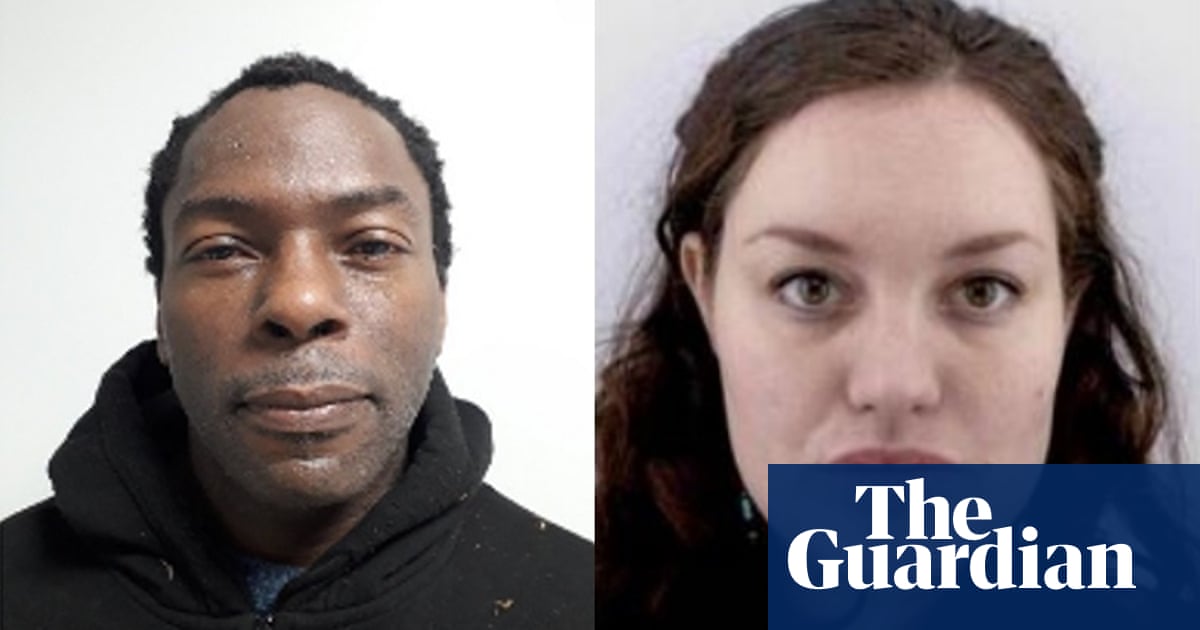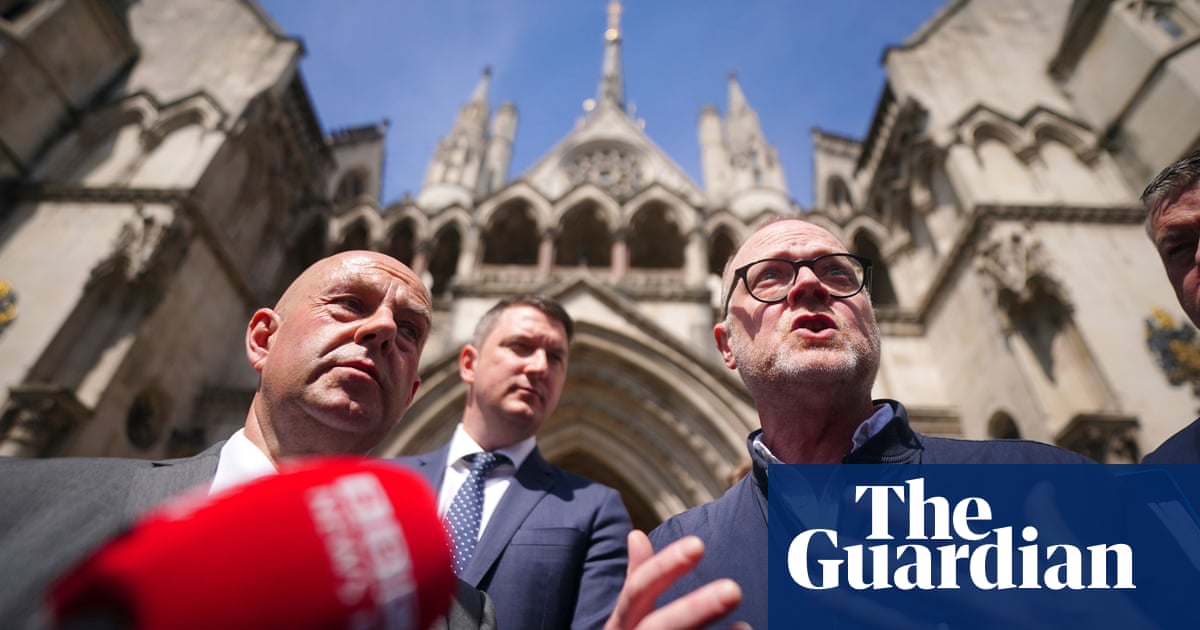
A senior Scotland Yard officer who was involved in monitoring leftwing activists went on to work for a corporately funded blacklist used to deny employment to thousands of trade unionists, a public inquiry has heard.
A former colleague identified Ch Supt Bert Lawrenson as the officer who left the Metropolitan police to work for the secretive blacklisting operation.
The disclosure will heighten concerns that the police spied on campaigners and then secretly shared information about them with the Economic League, an organisation created to prevent trade unionists from getting jobs.
Large firms consulted the blacklist to vet potential workers they judged to be potential troublemakers. Among the thousands of victims denied employment because of their political activity was Ricky Tomlinson, the actor who later starred in the TV comedy The Royle Family.
The public inquiry into the undercover infiltration of political groups heard on Tuesday how the blacklist resulted in trade unionists getting divorced and losing their homes because of the stress of being denied employment.
Dave Smith, a former construction worker who represents a group of blacklisted trade unionists, said the financial hardship meant that partners had to take on two or three jobs to survive and parents could not afford school trips or trainers for their children.
He mentioned one case in which a blacklisted worker chose not to have a second child because of their difficulty finding employment.
The inquiry, led by the retired judge Sir John Mitting, is tasked with examining how the police set up a specialised undercover unit in 1968 that went on to spy on more than 1,000 political groups over the next four decades.
Undercover officers in the unit, who often took part in demonstrations relating to industrial disputes, reported to their superiors extensive details of the political activities of trade unionists. The secret files were maintained by the police.
Documents disclosed at the inquiry have revealed that one of the groups penetrated by the undercover unit, in 1974, was a campaign to clear the names of trade unionists who say they were unjustly jailed during a strike.
One of the trade unionists involved was Tomlinson who, before becoming an actor, worked as a plasterer in the construction industry. He was jailed in 1973 for two years during a strike after he was convicted of conspiring to intimidate and affray. Tomlinson took up acting after he could not get work in the construction industry because of the blacklist.
A police document records that the undercover unit, the Special Demonstration Squad, had penetrated the campaign run by Tomlinson and the other trade unionists “to a lesser degree” than other political groups in 1974. The inquiry may disclose further details of the surveillance of the campaign.
As part of its remit, the inquiry is looking at how police passed information from their files to the blacklist.
The Met has admitted it gave information about trade unionists to the blacklist but has disclosed few details.
On Monday, the inquiry heard evidence from an undercover officer who used the fake name Dick Epps to spy on leftwing groups in 1969 and 1970.
He said he remembered that as part of his induction, Lawrenson had given a lecture outlining his “assessment of the infiltration of the British political movement, particularly the trade union movement, by the Russians at that time … he strongly held the view that within 10 years of that particular time, Great Britain would be under the – his term – “yoke of communism”.”
In the late 1960s, Lawrenson held the rank of chief superintendent and supervised one of the Met’s Special Branch unit monitoring leftwing activists.
Epps said Lawrenson left the police and subsequently joined the Economic League, which had been funded by large firms since 1919. “I don’t know for how long or in what capacity,” he added.
The Economic League maintained files on thousands of trade unionists, recording their political activities and employment histories. The files included addresses, photographs, car registrations and details of their medical past and family members.
Companies consulted the files when a trade unionist applied for a job, rejecting those they deemed to be too militant or politically disruptive. Often the files contained inaccurate information, resulting in workers unjustly being denied work.
Smith told the inquiry the blacklist had “resulted in thousands of workers losing their jobs in sectors such as pharmaceuticals, mining, engineering, banking and local government”.
The Economic League was closed down in the 1990s after it was exposed by trade unionists and journalists. It was replaced by another operation called the Consulting Association, which was shut down in 2009 after an official watchdog ruled it was unlawful.












